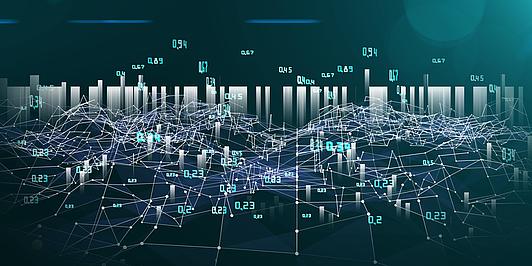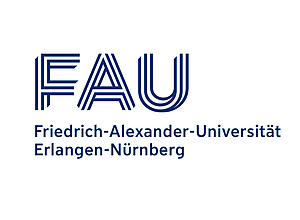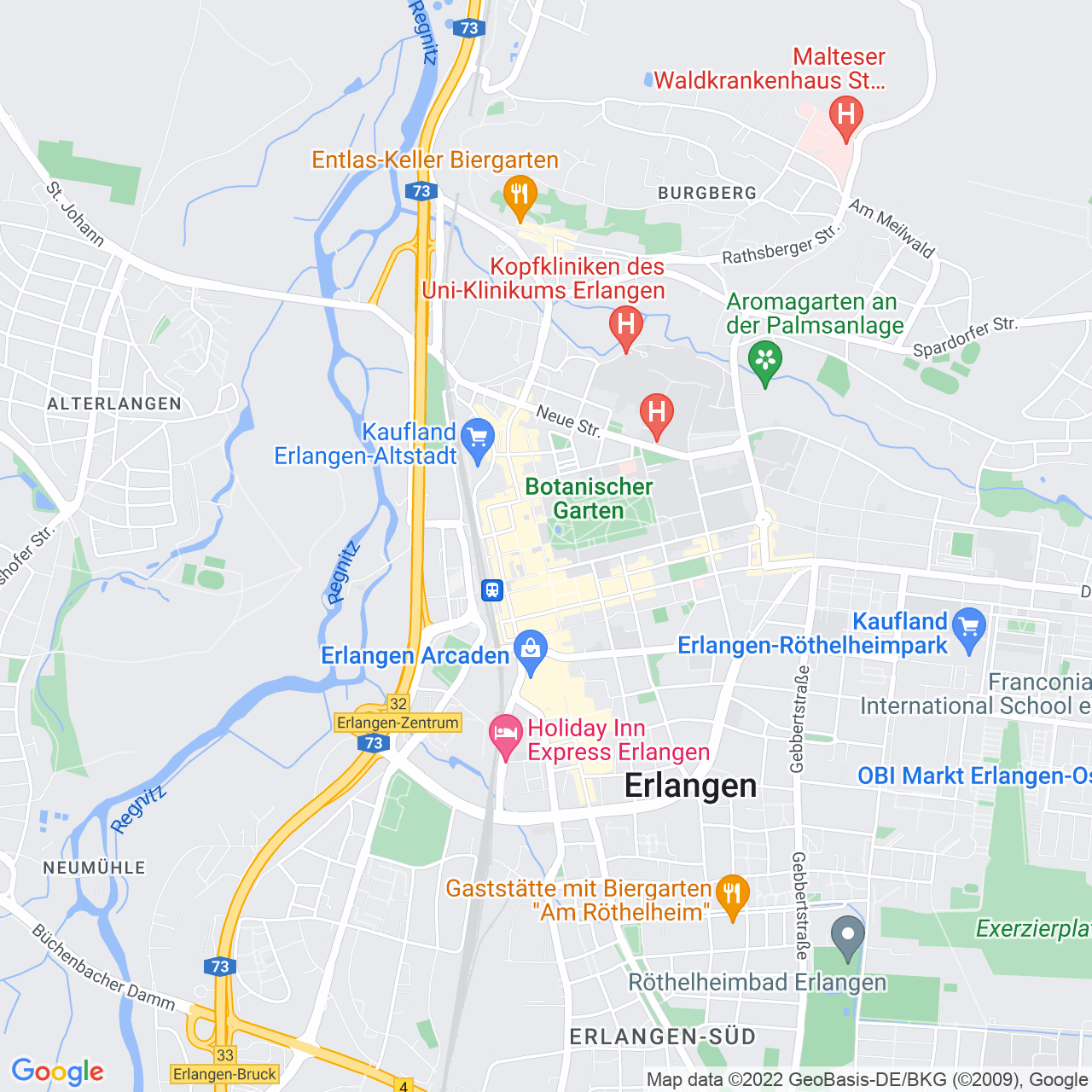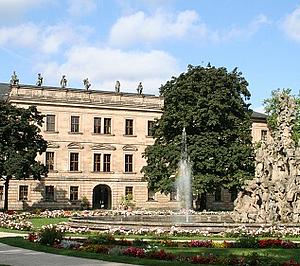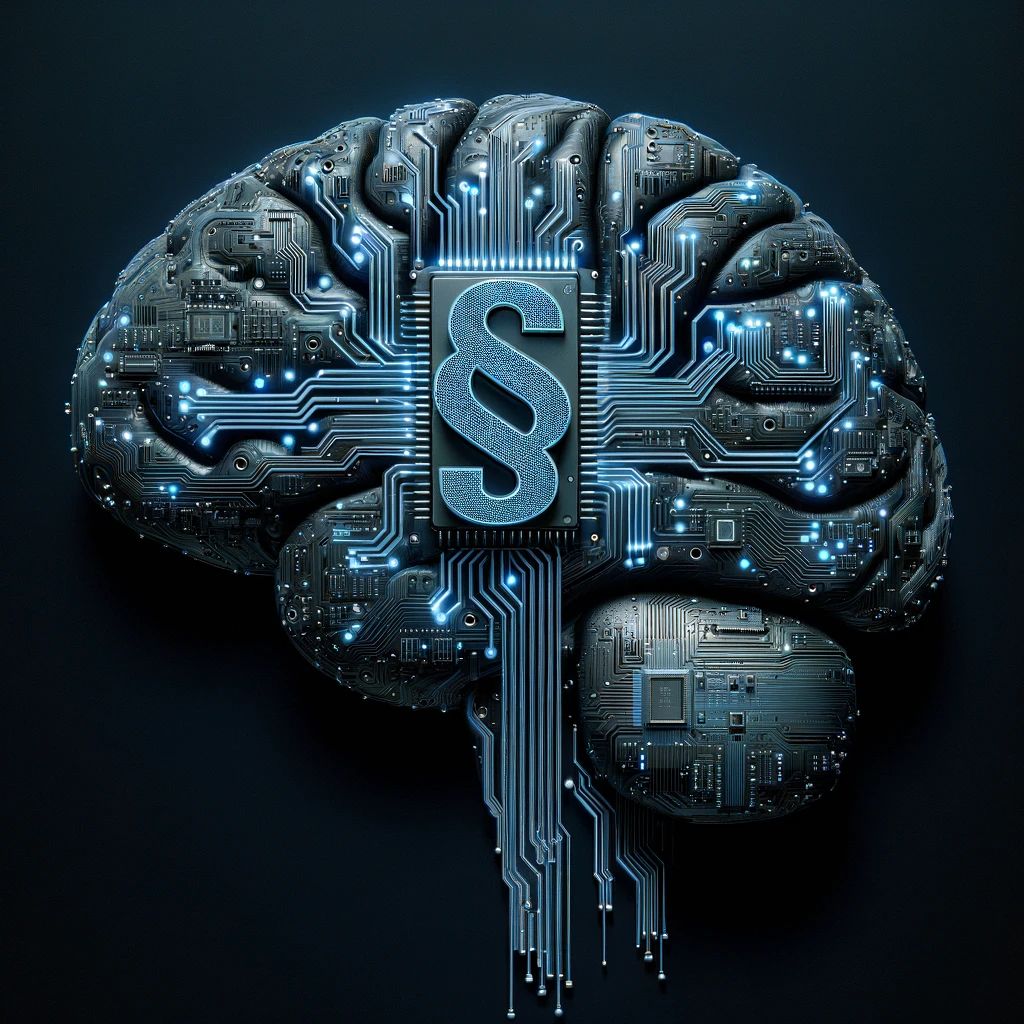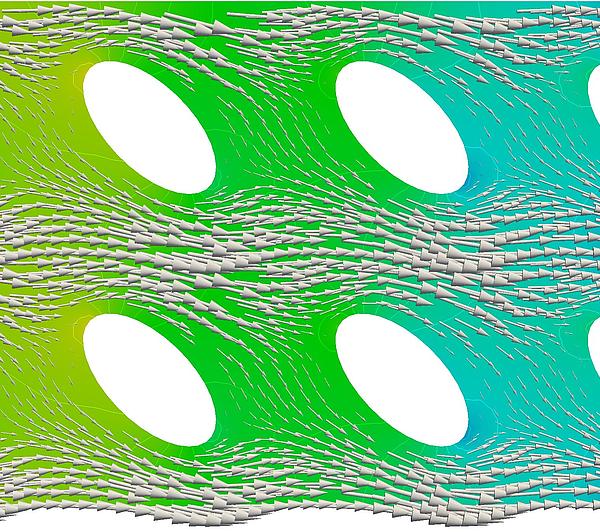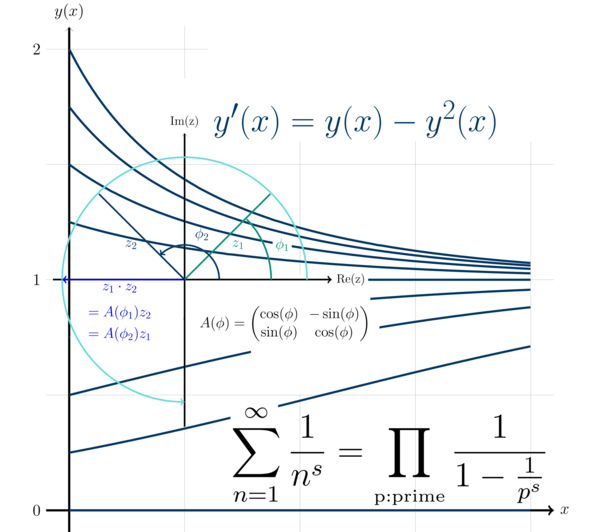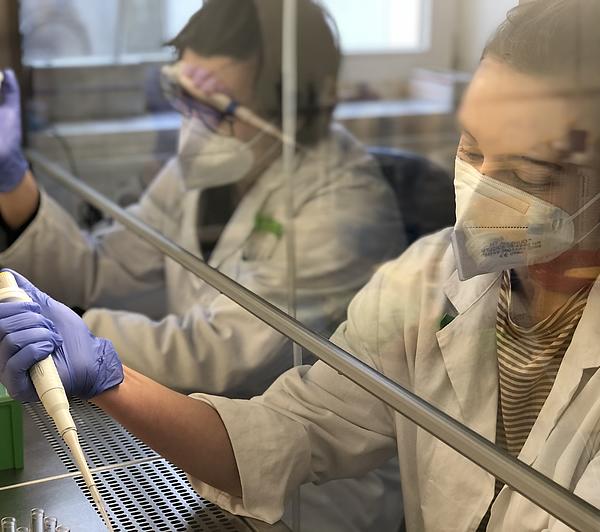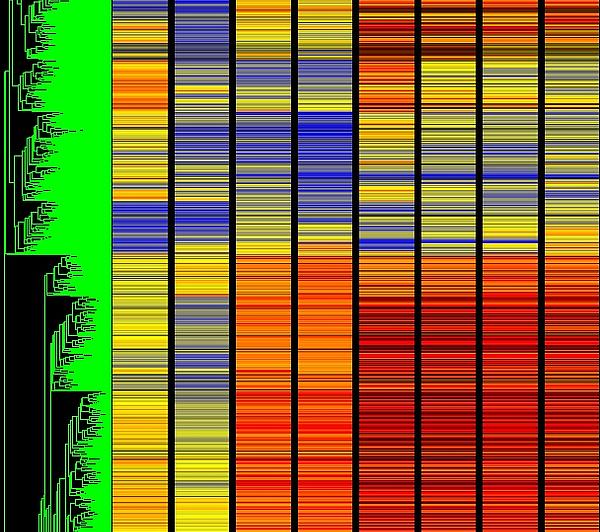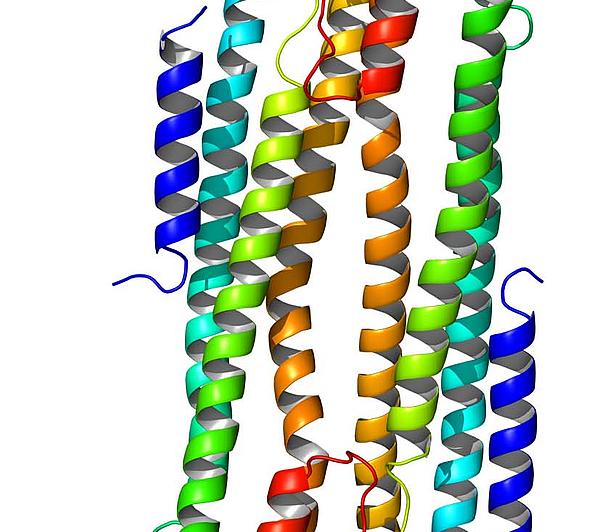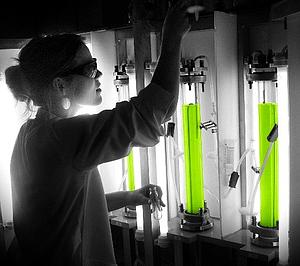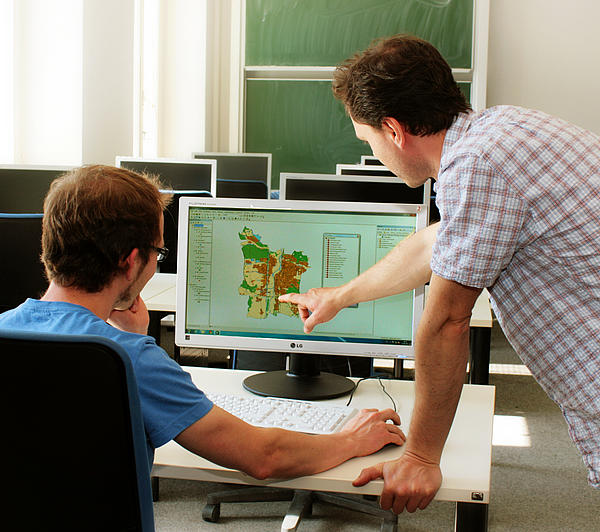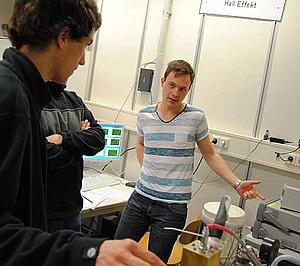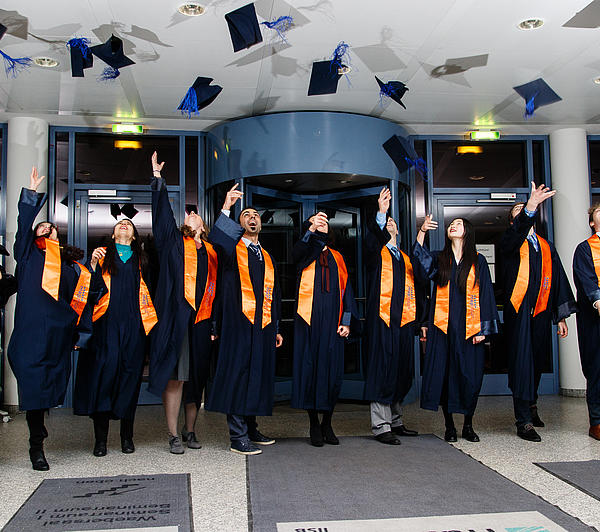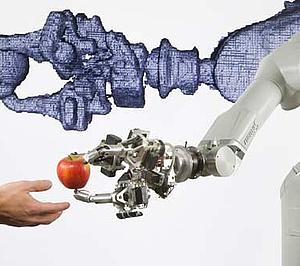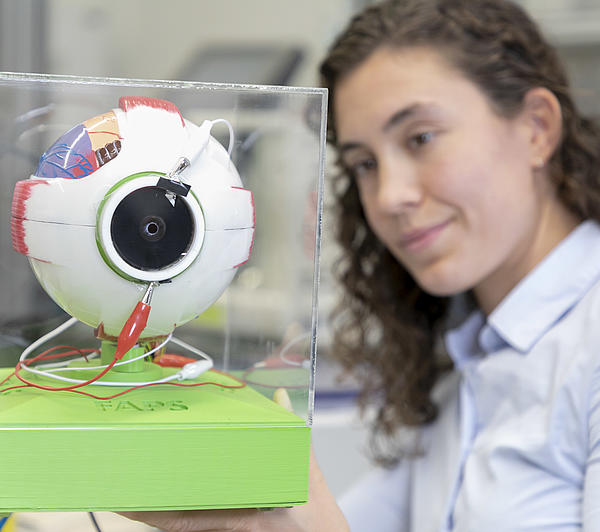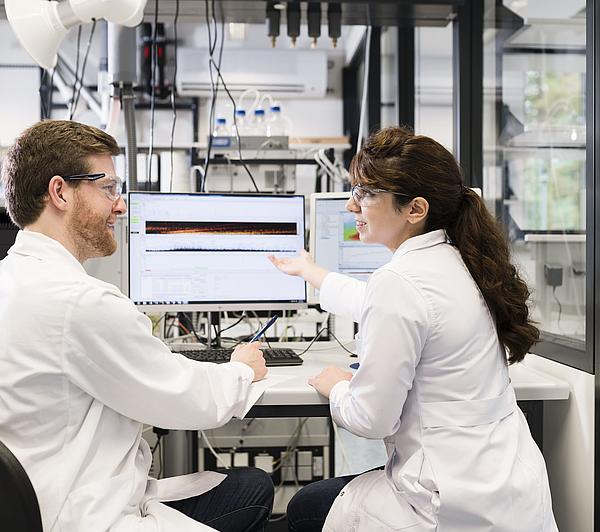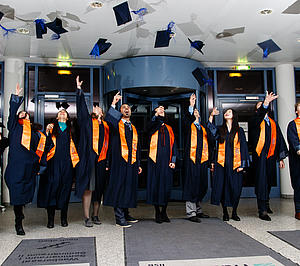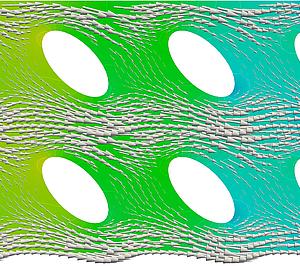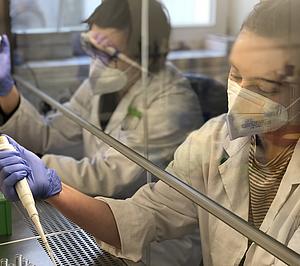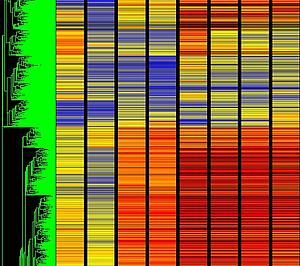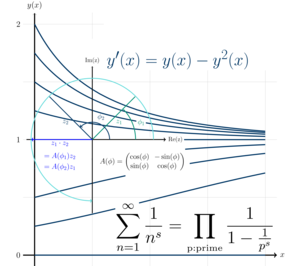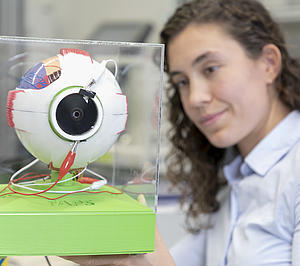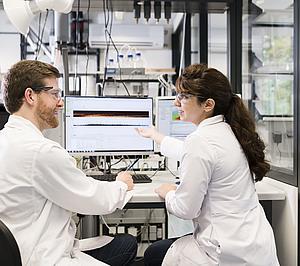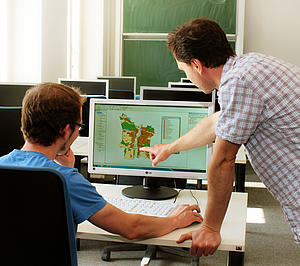Extraction of knowledge from data
Data Science has become a revolutionary technology that everyone seems to talk about. It is becoming a key concept for large private businesses, public institutions and research. While it is not easy to define it in a few words, data science deals with the methods and tools needed to analyze data and draw actionable conclusions from the results gained in the process. These methods and tools, which cover big data and their analysis, data modeling, machine learning, and simulation methods, are located mainly at the intersection of three subjects: computer sciences, mathematics, and statistics. Consequently, this new Master’s program at Friedrich-Alexander Universität Erlangen-Nürnberg is jointly taught by lecturers from these three fields.
This program uses dynamic learning methodologies to ensure our students stand out in today’s competitive job market. Students will enjoy a wide variety of long-lasting benefits:
- Hands-on teaching methodology
- A world-class institution
- Individual, interest-based curriculum
Areas of specialization
At the beginning of the master’s degree, one major field of study is selected from the following subject areas as part of an individual study agreement:
- Data-oriented optimization
- Mathematical Theory / Fundamentals of Data Science (taught in German)
- Databases Knowledge Representation (taught partly in German)
- Machine learning / Artificial intelligence
- Simulation and Numerics
- Mathematical Statistical Data Analysis (taught mainly in German)
The other subject areas together form the minor field of study. The courses are mainly taught in English. Every student chooses a mentor at the beginning of the study course. The mentor gives the student advice how to design the study plan in accordance with the student’s individual interests.
Application Subjects
In the following application subjects modules with a total of 15 ECTS should be taken:
- Chemistry (taught in German)
- Digital humanities (taught mainly in German)
- Geography
- Geosciences
- International Information Systems
- Medical data science
- Material Science
- Physics (taught mainly in German)
Career Prospects
As a data scientist you can work in national and international companies or in the public sector. Some exemplary sectors to find exciting job positions would be:
- Technology Industry
Thanks to the various developments in data science, this industry is gradually evolving from an art into a science. Modern cyber security mechanisms heavily rely on data science. Data scientists are bringing probabilistic and statistical methods into the IT industry. Data collected from different disciplines can be instrumental in helping with solutions to cyber security threats. - Travel Industry
Travel personalization has become an increasingly deeper process than it used to be. The possibility to create customer profiles based on segmentation, offering personalized experiences according to their needs and preferences, has its foundations in data science. Forecasting the behavior of travelers by knowing where they want to go next, what kind of prices are they ready to pay, and when to launch special promotions, hugely depends on the level of applying data scientists‘ skills and abilities. - Energy Industry
The energy industry experiences major fluctuations in prices and higher costs of projects. Obtaining high-quality information has not been so important! Data scientists help in cutting costs, reducing risks, optimizing investments and improving equipment maintenance. - Pharmaceuticals
Connected to human health, the pharma industry has also emerged as an industry where data science is increasing its application. For example, a pharmaceutical company can utilize data science to ensure a more stable approach for planning clinical trials. Companies need to resort to data science in order to build precision into their calculations of the potential success or failure of the clinical trials.
Undoubtedly, there are many more sectors that a data scientist can work. Data science careers are in high demand, particularly in Germany, and this trend will not be slowing down any time soon.
After the master’s degree, a scientific career is of course also possible. Definitely, you can then deepen your knowledge and develop various programming tools for scientific codes and data analysis.
Admission requirements
- A completed B.Sc. degree in Mathematics, Industrial Mathematics, Mathematical Economy, Computer Science, or Data Sciences. Furthermore, one is eligible for admission with a completed B.Sc. degree with a content of at least 60 ECTS in Mathematics and/or Computer Science, e.g., Physics or Engineering.
- English proficiency at level B2 CEFR (vantage or upper intermediate) or six years of English classes at a German secondary school (Gymnasium). Applicants who have completed their university entrance qualifications or their first degree in English are not required to provide proof of proficiency in English.
Application
Furthermore read: Guide to the application process

